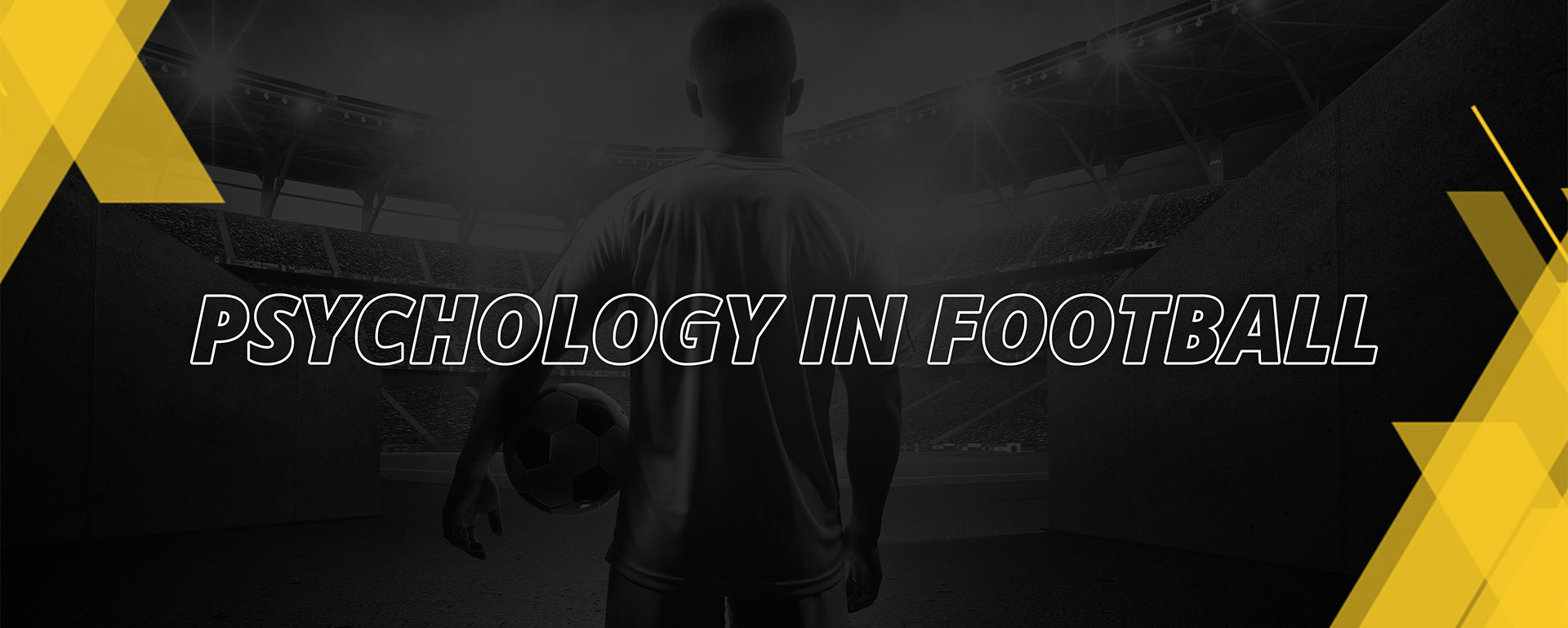
Football is a group sport, and many cognitive aspects are involved when playing it. Professional football athletes need to be focused and attentive, memorise tactics, coordinate and perform other functions. Apart from the physical aspect of the sport, one has to manage the emotional side as well: anger, joy, rage, frustration or euphoria. We have seen a big uptake in teams hiring sports psychologists to help players get out of their slump.
In this blog, we will evaluate the impact psychology has in football, how this can be used to a team’s advantage and how managers use this information to get the best out of their players. Make sure to visit our LV BET Sports Blog to get more information about the top news around football and betting tips on the biggest competitions around.
Footballers as people first
Those few who make it into professional football can be affected by the huge amounts of stress put on themselves to perform at their best. Some players deal with it better than others, but in a team who is fighting for the league title, everyone needs to be in the right frame of mind to get it over the line. Psychology in football is a very broad field as it covers many issues. It is said that football is a state of mind; in training, this is reflected for the manager and trainers to see. A good example of this was in Real Madrid’s seemingly impossible comebacks in the Champions League or the drop in performance of the best players in the world when they are taken out of their ideal ecosystem.
Emotional aspects
Sports psychology includes managing several issues. One of them is motivation; one has to want to play and win, although over-motivation can be detrimental—one can overdo it and get tired too soon. Another aspect is confidence, the most prominent and most worked-on aspect of sports psychology. Various players such as Zlatan Ibrahimovic, who is never shy of self-confidence, can be seen doing some extraordinary stuff on the pitch. Some of the antics that he has done can only be attributed to his talent and high confidence level.
Let’s talk more about how the emotional aspect can either elevate you or keep you starved of success.
In Arsenal’s latest Premier League victory over Bournemouth, the Gunners were two goals adrift of a team placed bottom of the standings. Through the methods of coaching from Mikel Arteta and his trusted trainers, he has built up the mentality never to give up and keep fighting. Eventually, in the 97th minute, they managed to score the winner, and you can see the pure elation that the whole squad showed, everyone hugging each other with a sense of relief that they completed the comeback. That will help them further down the line when they are in a losing position, and they know that they have it in them to turn the result, and more often than not, they manage to do so.
On the flip side, Manchester United’s 7-0 defeat against Liverpool can impact their belief and confidence despite being one of the most in-form teams coming into that game. In such circumstances, one has to revisit the previous accomplishments and look forward and work hard to improve on the wrongdoings to win the next game. On the same topic and game, Liverpool, on the other hand, showed this earlier this season when they defeated Bournemouth 9-0 but failed to win the next three games they played. It is all down to how they manage their emotions and self-confidence.
Coach’s perspective on body language
After Manchester City’s 1-1 draw with Everton on New Year’s Eve, Pep Guardiola sat in front of journalists in the Etihad Stadium press room and revealed his thoughts on the match. These are some of the comments he said about the game:
‘’Mainly, lately, maybe as I get older, I look at their body language in the training sessions and everything, because you cannot play good when the body language is not correct.’’
This was at the end of the press conference, and follow-up questions could not be asked as there would have been many asking, what sort of body language is he looking for? Do all coaches and managers rely on it as much as he does? How reliably does it correlate with performance?
One has to look at body language holistically; it has to be correlated with other aspects of the player’s behaviour. It’s more or less like a data point, one needs to carefully and reasonably be curious about why a player is behaving this way or the other.
Eric Cantona is one of the players who always struck a confident body language, with the upturned collar and his general demeanour, that might influence how other players approach him. Some might feel intimidated, whilst others go all out to diminish their self-confidence. In the industry, there is a term called ‘kill points’, which refers to which players might have more of a postural bump, whose chest might be out a little bit more. Who of the players looks a little more arrogant? Who is putting his body on the line for challenges or who is pulling away from a challenge? These are some cues that opponents can catch on if they pay close attention.
These are all the questions that a manager in this day and age has to answer in order to pick his squad and field the players who are most up for it, rather than the most talented. Sport psychology is a portal into a players mind that will help managers and their staff to get closer to their players and build a relationship that both of them can benefit from.